-
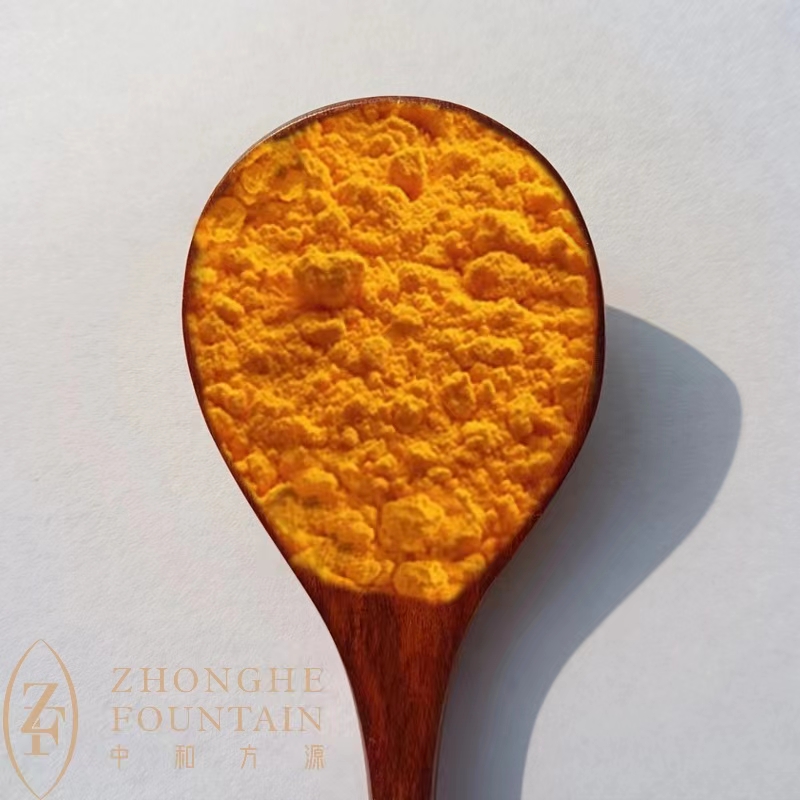
Coenzyme Q10
Cosmate®Q10,Coenzyme Q10 is important for skin care. It plays a vital role in the production of collagen and other proteins that make up the extracellular matrix. When the extracellular matrix is disrupted or depleted, skin will lose its elasticity, smoothness, and tone which can cause wrinkles and premature aging. Coenzyme Q10 can help to maintain overall skin integrity and reduce the signs of aging.
-
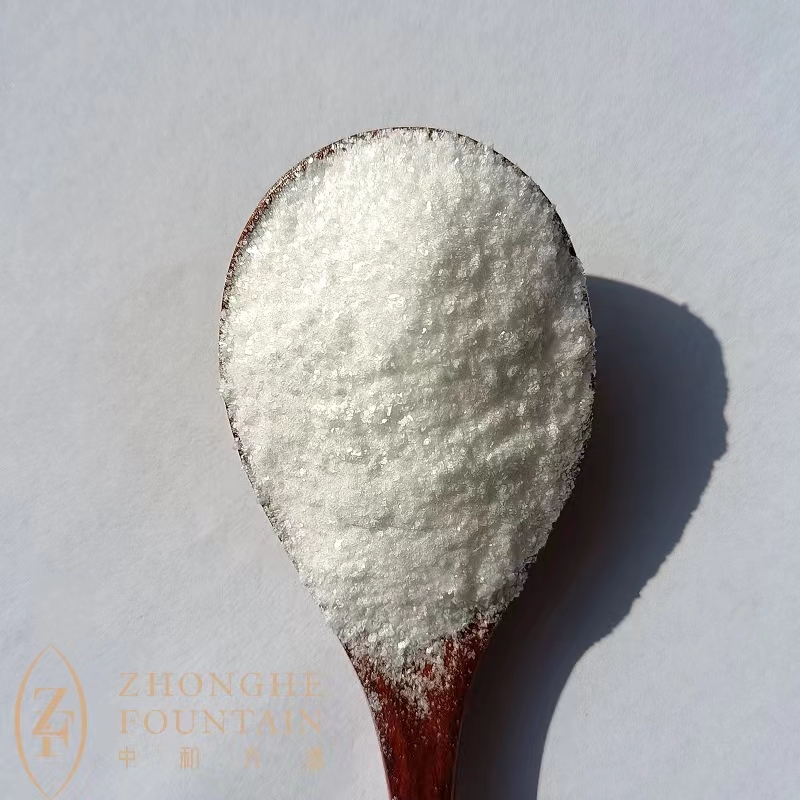
Ascorbyl Glucoside
Cosmate®AA2G ,Ascorbyl glucoside, is a novel compound that is synthesized to increase the stability of Ascorbic acid. This compound shows much higher stability and more efficient skin permeation compared to Ascorbic acid. Safe and effective, Ascorbyl Glucoside is the most futuristic skin wrinkle and whitening agent among all the Ascorbic acid derivatives.
-
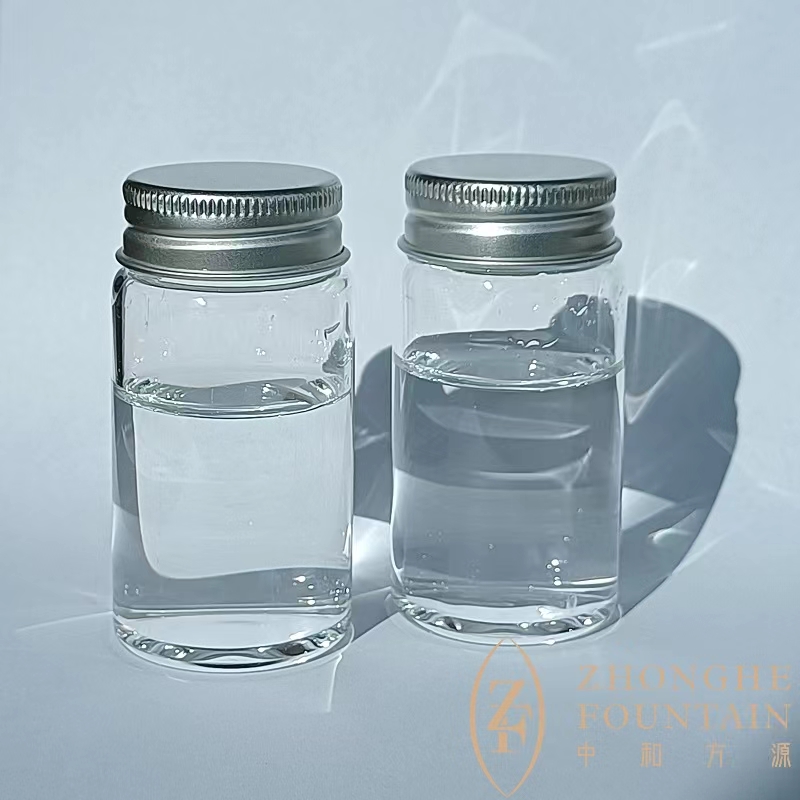
D-Panthenol
Cosmate®DP100,D-Panthenol is a clear liquid that is soluble in water, methanol, and ethanol. It has a characteristic odor and slightly bitter taste.
-

D-Panthenol
Cosmate®DP100,D-Panthenol is a clear liquid that is soluble in water, methanol, and ethanol. It has a characteristic odor and slightly bitter taste.
-
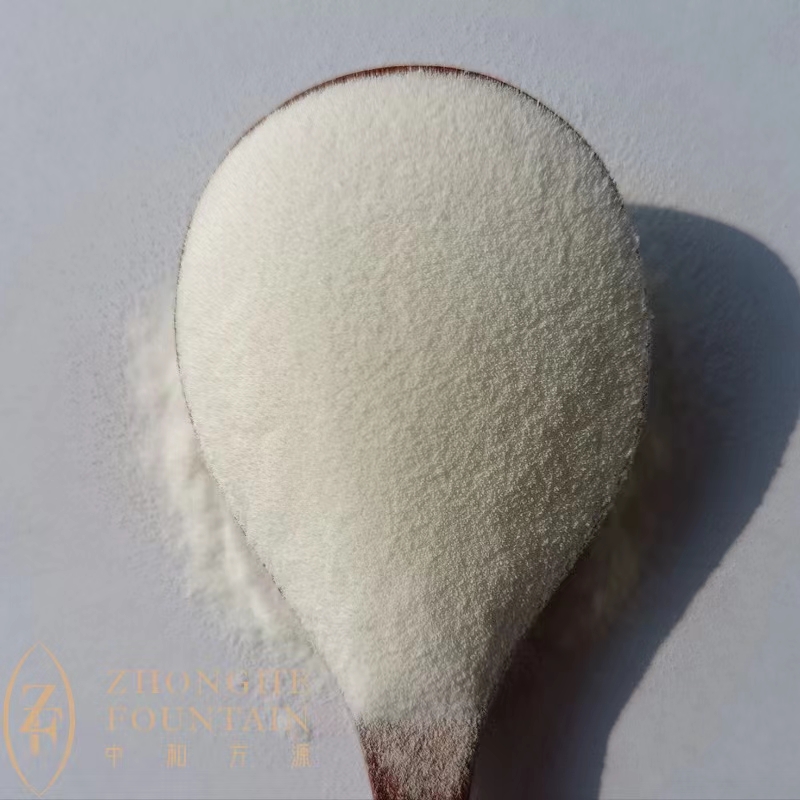
Ethyl Ferulic Acid
Cosmate®EFA,Ethyl Ferulic Acid is a derivate from ferulic acid with antioxidant effect.Cosmate®EFA protects skin melanocytes from UV-induced oxidative stress and cell damage. Experiments on human melanocytes irradiated with UVB showed that FAEE treatment reduced the generation of ROS, with a net decrease of protein oxidation.
-

Ethyl Ferulic Acid
Cosmate®EFA,Ethyl Ferulic Acid is a derivate from ferulic acid with antioxidant effect.Cosmate®EFA protects skin melanocytes from UV-induced oxidative stress and cell damage. Experiments on human melanocytes irradiated with UVB showed that FAEE treatment reduced the generation of ROS, with a net decrease of protein oxidation.
-

Ethyl Ferulic Acid
Cosmate®EFA,Ethyl Ferulic Acid is a derivate from ferulic acid with antioxidant effect.Cosmate®EFA protects skin melanocytes from UV-induced oxidative stress and cell damage. Experiments on human melanocytes irradiated with UVB showed that FAEE treatment reduced the generation of ROS, with a net decrease of protein oxidation.
-
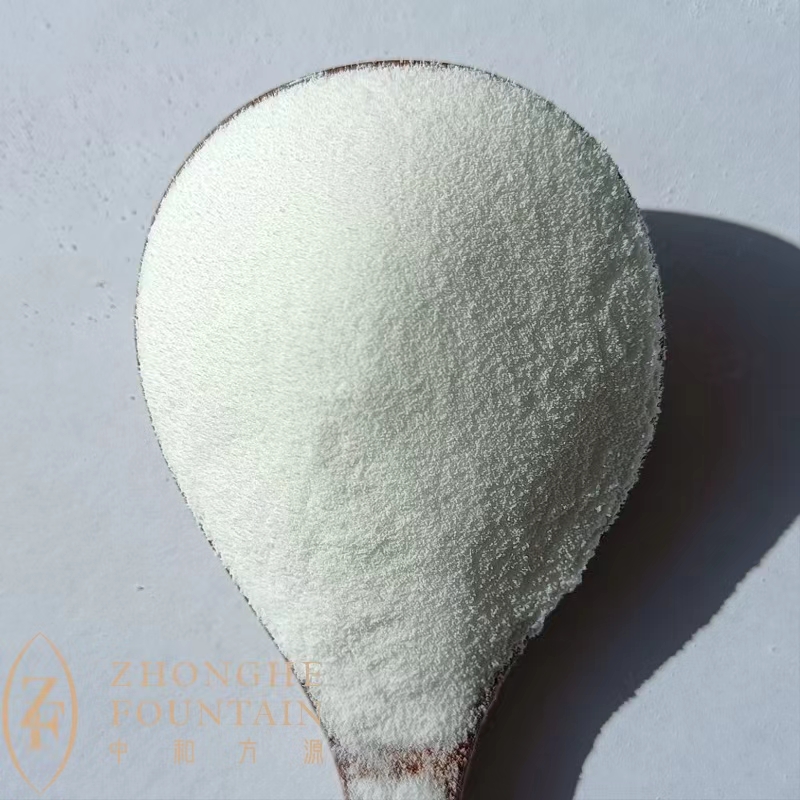
Ergothioneine
Cosmate®EGT,Ergothioneine (EGT),as a kind of rare amino acid, can be initially found in mushrooms and cyanobacteria,Ergothioneine is a unique sulfur containing amino acid that cannot be synthesized by human and is only available from certain dietary sources,Ergothioneine is a naturally occurring amino acid that is synthesized exclusively by fungi, mycobacteria and cyanobacteria.
-

Ergothioneine
Cosmate®EGT,Ergothioneine (EGT),as a kind of rare amino acid, can be initially found in mushrooms and cyanobacteria,Ergothioneine is a unique sulfur containing amino acid that cannot be synthesized by human and is only available from certain dietary sources,Ergothioneine is a naturally occurring amino acid that is synthesized exclusively by fungi, mycobacteria and cyanobacteria.
-
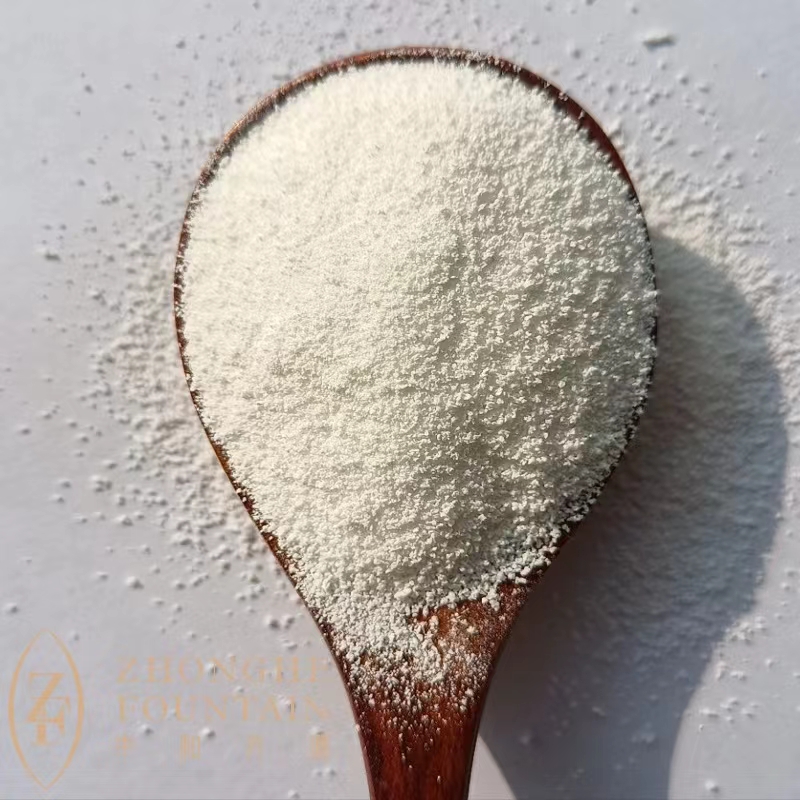
Sodium Acetylated Hyaluronate
Cosmate®AcHA,Sodium Acetylated Hyaluronate (AcHA), is a specialty HA derivative which is synthesized from the Natural Moisturizing Factor Sodium Hyaluronate (HA) by acetylation reaction. The hydroxyl group of HA is partially replaced with acetyl group. It owns both lipophilic and hydrophilic properties. This helps to promote high affinity and adsorption properties for the skin.
-

Sodium Acetylated Hyaluronate
Cosmate®AcHA,Sodium Acetylated Hyaluronate (AcHA), is a specialty HA derivative which is synthesized from the Natural Moisturizing Factor Sodium Hyaluronate (HA) by acetylation reaction. The hydroxyl group of HA is partially replaced with acetyl group. It owns both lipophilic and hydrophilic properties. This helps to promote high affinity and adsorption properties for the skin.
-
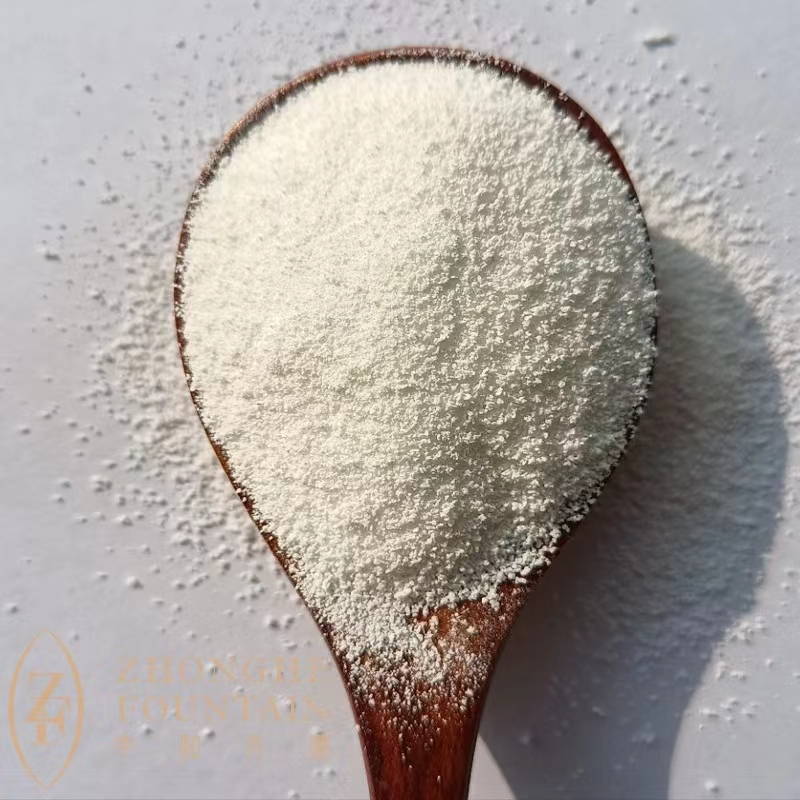
Oligo Hyaluronic Acid
Cosmate®MiniHA,Oligo Hyaluronic Acid is regarded as an ideal natural moisturizer factor and widely used in cosmetics, being suitable for different skins, climates and environments. Oligo type with its very low molecular weight, has functions like percutaneous absorbtion, deep moisturizing, anti-aging and recovery effect.

Phone









